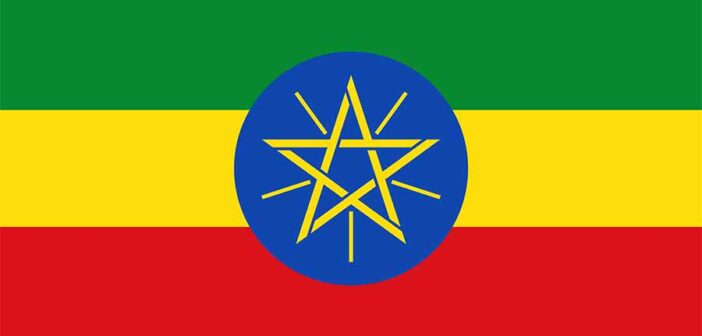- “Difret” (2014): This powerful drama film, directed by Zeresenay Berhane Mehari, tells the inspiring true story of a young Ethiopian girl who faces life-changing events after she is abducted on her way home from school.
- “Teza” (2008): Directed by Haile Gerima, “Teza” is a thought-provoking drama that explores political and social issues through the eyes of an Ethiopian intellectual who returns to his home country during the political turmoil of the 1970s.
- “Lamb” (2015): Set in modern-day rural Ethiopia, “Lamb” follows the story of a young boy named Ephraim and his beloved pet, a lamb. Directed by Yared Zeleke, this film delves into themes of family bonds, tradition, and self-discovery.
- “Harvest: 3000 Years” (1975): Directed by Haile Gerima, this groundbreaking Ethiopian film depicts the struggles of peasants facing exploitation in a changing society. It explores themes of land ownership, oppression, and resistance.
- “Crumbs” (2015): A surreal post-apocalyptic film directed by Miguel Llansó, “Crumbs” presents an imaginative landscape where an Ethiopian man named Candy embarks on a quest to find answers in a world filled with unusual characters and mysticism.
- “Cutting for Stone” by Abraham Verghese: This epic novel follows the lives of twin brothers, Marion and Shiva, born to an Indian nun and an English surgeon at a mission hospital in Addis Ababa. It explores themes of love, family, and the complexities of life in Ethiopia.
- “The Beautiful Things That Heaven Bears” by Dinaw Mengestu: Set in Washington D.C., this novel tells the story of Sepha Stephanos, an Ethiopian immigrant who owns a struggling convenience store. Through Sepha’s perspective, it reflects on the history and struggles of Ethiopian immigrants in the United States.
- “Beneath the Lion’s Gaze” by Maaza Mengiste: This powerful historical fiction novel is set in Addis Ababa during the Ethiopian Revolution in the 1970s. It follows a family’s experiences as they navigate political upheaval, loss, and the search for justice.
- “Abyssinian Chronicles” by Moses Isegawa: This novel provides a panoramic view of Ethiopia’s history, following the life of Mugezi, a young man who moves from a remote village to the capital city of Kampala in Uganda. Although the majority of the narrative takes place outside of Ethiopia, it offers insights into the cultural and historical context of the region.
- “The Shadow King” by Maaza Mengiste: Set during the Italian invasion of Ethiopia in the 1930s, this novel portrays the struggles and resilience of Ethiopian women who joined the army as part of the resistance. It explores themes of war, gender dynamics, and the power of storytelling.
WANDERLIST: Ethiopia in books and on film
0
Share.




